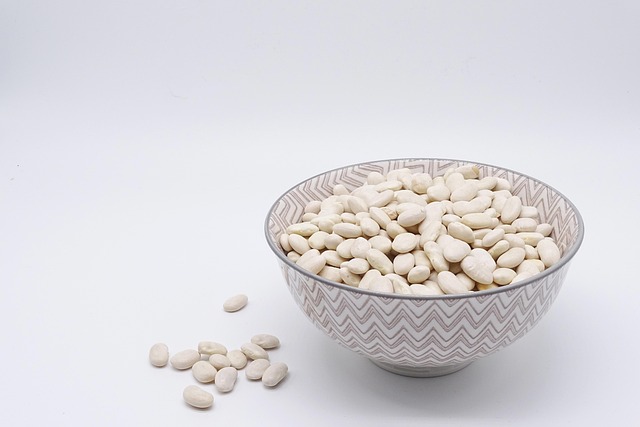The Role of Mediterranean Diet in Cardiovascular Health
The Mediterranean Diet, inspired by the traditional eating habits of people living around the Mediterranean Sea, has been gaining widespread recognition for its potential health benefits. Characterized by high consumption of fruits, vegetables, whole grains, olive oil, and fish, and moderate consumption of dairy and wine, this diet is well-regarded for its balance and variety. Importantly, the Mediterranean diet also emphasizes the importance of physical activity and shared mealtime, making it not just a diet, but a lifestyle. Today, we will explore this diet's role in promoting cardiovascular health, an increasingly pertinent topic given the rising global incidence of heart disease.

A Historical Perspective: Origins of the Mediterranean Diet
The Mediterranean Diet’s origins can be traced back to the early 20th century, when scientists noted lower rates of chronic diseases like heart disease in Mediterranean countries compared to northern European countries and the United States. This observation led to the Seven Country Study in the 1950s, spearheaded by American scientist Ancel Keys, which found a strong correlation between the Mediterranean diet and good cardiovascular health.
Over the decades, the Mediterranean diet has been subjected to numerous scientific studies, consistently demonstrating its health benefits. It has been formally recognized by the World Health Organization as a healthy and sustainable dietary pattern and inscribed by UNESCO on the Representative List of the Intangible Cultural Heritage of Humanity.
The Heart of the Matter: How the Mediterranean Diet Supports Cardiovascular Health
Fundamentally, the Mediterranean diet promotes heart health through several mechanisms. Firstly, the high fiber content from fruits, vegetables, and whole grains aids in maintaining healthy blood pressure and cholesterol levels. Secondly, the monounsaturated fats from olive oil and omega-3 fatty acids from fish contribute to a healthy lipid profile, reducing the risk of atherosclerosis, a leading cause of heart disease.
Moreover, the diet’s rich antioxidant content, derived from a variety of brightly colored fruits and vegetables, helps combat oxidative stress, a significant contributor to heart disease. Lastly, the moderate consumption of red wine, rich in flavonoids and resveratrol, has been linked to improved heart health.
Current Trends: The Global Adoption of the Mediterranean Diet
With the growing awareness of the Mediterranean diet’s health benefits, it has seen a surge in popularity worldwide. From the United States to Australia, more people are embracing this dietary pattern, recognizing it as a feasible and enjoyable way to maintain good health.
However, ironically, the countries that gave birth to the Mediterranean diet are moving away from it. The adoption of a more westernized diet, high in processed foods and sugars, has been observed in Mediterranean countries, leading to a rise in obesity and heart disease rates. This trend underscores the importance of preserving traditional dietary practices and their health benefits.
The Future of Food: Implications and Considerations
The global recognition of the Mediterranean diet’s cardiovascular benefits underscores the crucial role of diet in disease prevention. However, it’s important to remember that diet is only one part of a holistic approach to health. Regular physical activity, adequate sleep, stress management, and avoiding harmful behaviors like smoking are equally important.
While the Mediterranean diet offers numerous health benefits, it’s not a one-size-fits-all solution. Cultural, geographical, and personal factors should be taken into account when adopting a dietary pattern. Moreover, it’s important to prioritize the diet’s principles—balance, variety, and moderation—over strict adherence to specific foods.
In conclusion, the Mediterranean diet, backed by decades of scientific evidence, offers a powerful tool to support cardiovascular health. However, it serves as a reminder that our health is shaped by more than just our diet—it’s a complex interplay of lifestyle choices, genetics, and environment. As we move forward, it’s clear that the collective understanding and adoption of healthy dietary practices, like the Mediterranean diet, will play a pivotal role in shaping global health trends.






